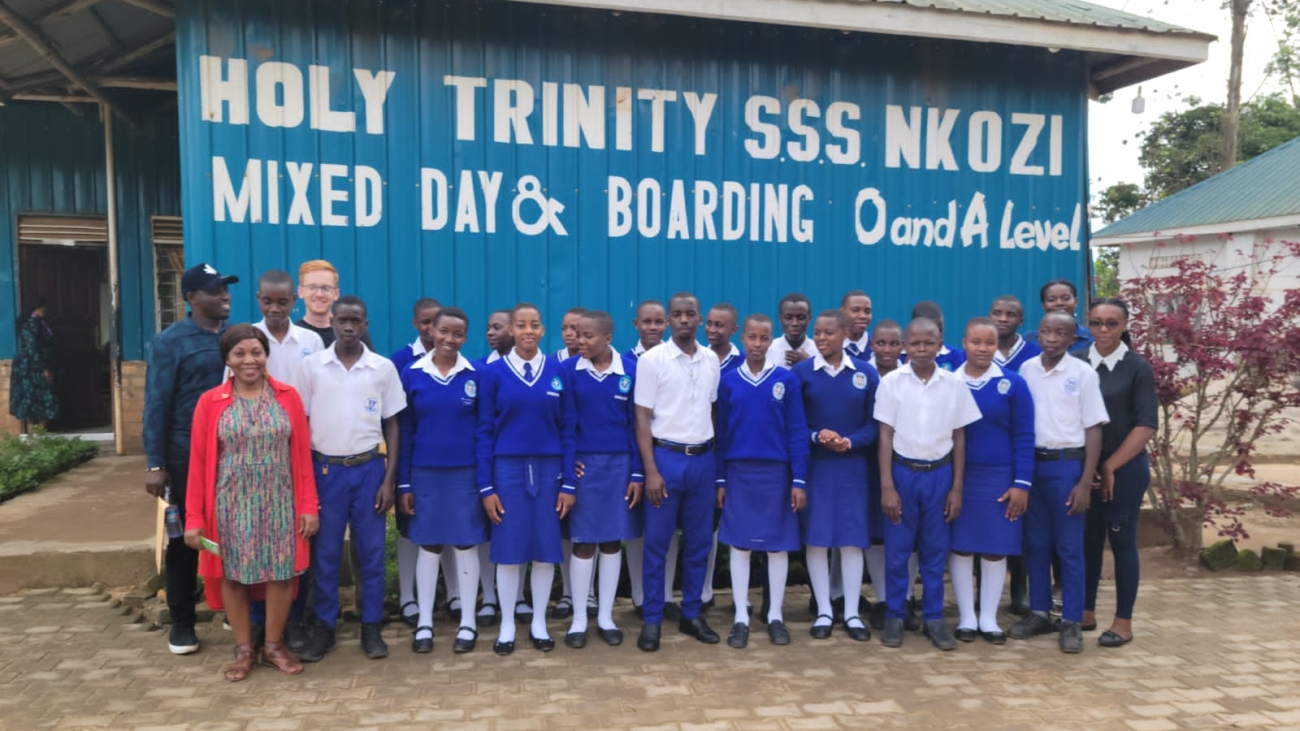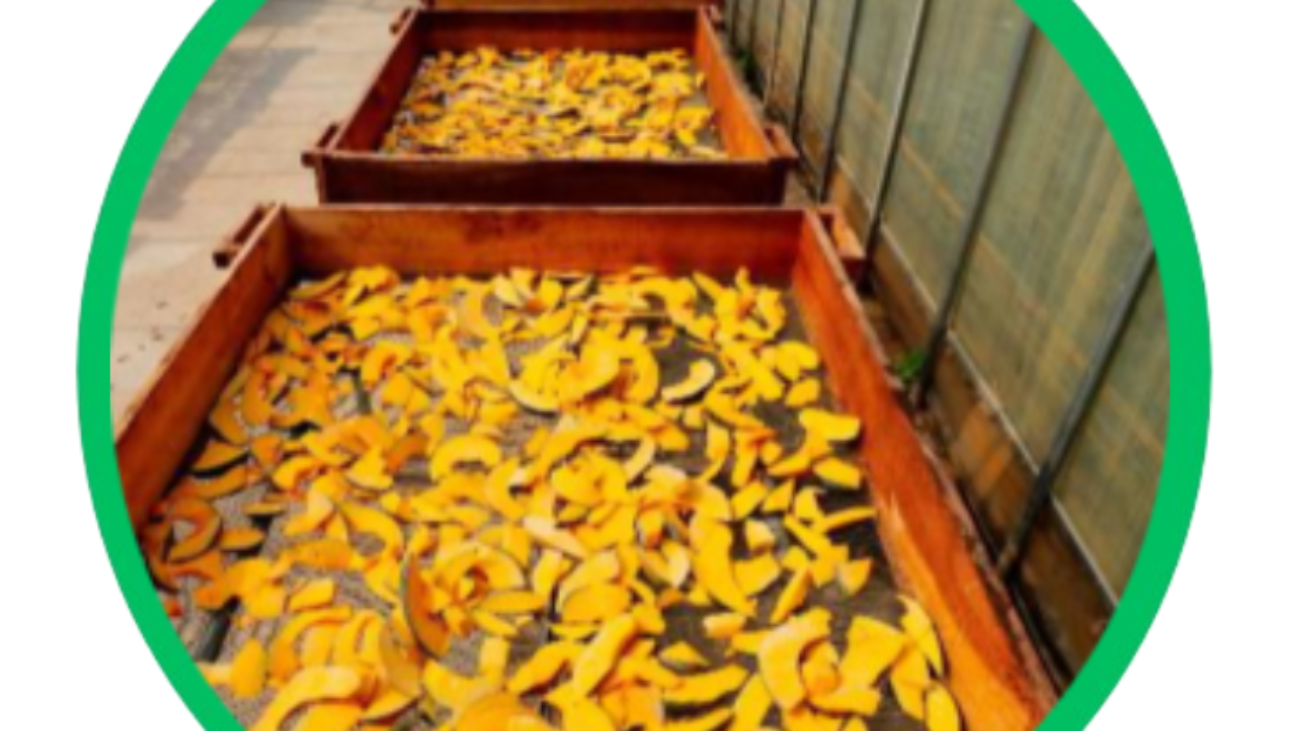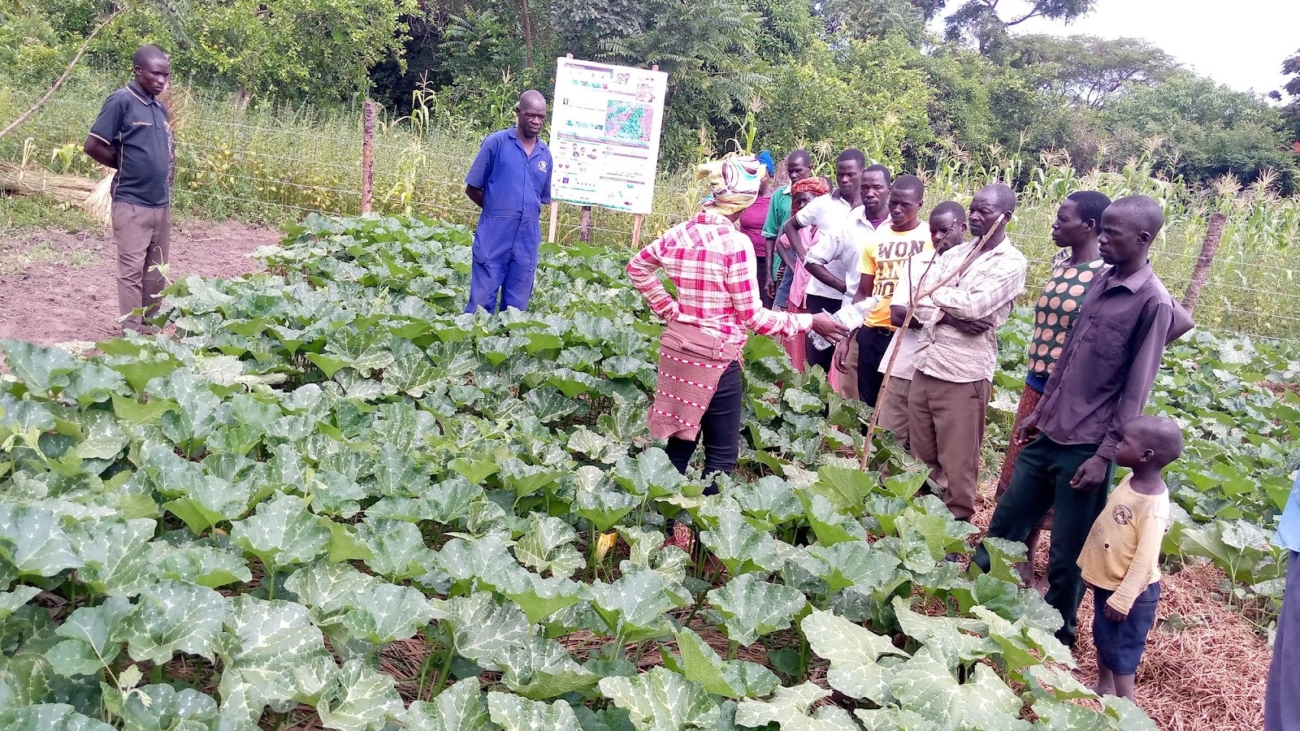Investing in the Future
At Jangu Tusome, we believe that education is the foundation for a brighter future. To support this belief, we have established a scholarship program aimed at providing educational opportunities for the children of our stakeholders. This initiative is funded through a combination of profits from our pumpkin products and generous donations.
The Role of Solar-Dried Pumpkin Products
Our solar drying initiative not only helps preserve pumpkins and create valuable products but also plays a crucial role in funding our scholarship program. By transforming harvested pumpkins into various products such as pumpkin flour, dried slices, and seeds, we generate additional income that supports our community. A portion of the revenue from these products is dedicated to our scholarship fund, ensuring that we can offer educational support to the children of our stakeholders.
Making Education Accessible
The scholarship program is designed to make education accessible to children who might otherwise face financial barriers. By providing scholarships, we aim to cover essential educational expenses such as school fees, uniforms, books, and other supplies. This support helps alleviate the financial burden on families, allowing children to focus on their studies and achieve their full potential.
Impact on the Community
The impact of our scholarship program extends beyond individual children to the entire community. Education empowers young minds, equipping them with the knowledge and skills needed to contribute positively to their communities. As more children gain access to education, we foster a generation of informed, skilled, and confident individuals who can drive change and development in their communities.
A Cycle of Support
Our approach creates a positive cycle of support within the community. Profits from pumpkin products help fund scholarships, enabling children to receive an education. These educated individuals, in turn, contribute to the community’s growth and prosperity, reinforcing the importance of sustainable practices and community involvement. This cycle of support strengthens the entire community and promotes long-term resilience and self-sufficiency.
The Role of Donations
In addition to the revenue generated from our pumpkin products, donations play a vital role in our scholarship program. We are grateful for the generosity of individuals and organizations that believe in our mission and support our efforts. These donations allow us to extend our reach and provide more scholarships, ensuring that no child is left behind.
How to Get Involved
We welcome support from anyone who shares our commitment to education and community development. Whether through purchasing our solar-dried pumpkin products or making a direct donation, your contribution makes a significant difference. Together, we can empower the next generation and create a brighter future for all.



